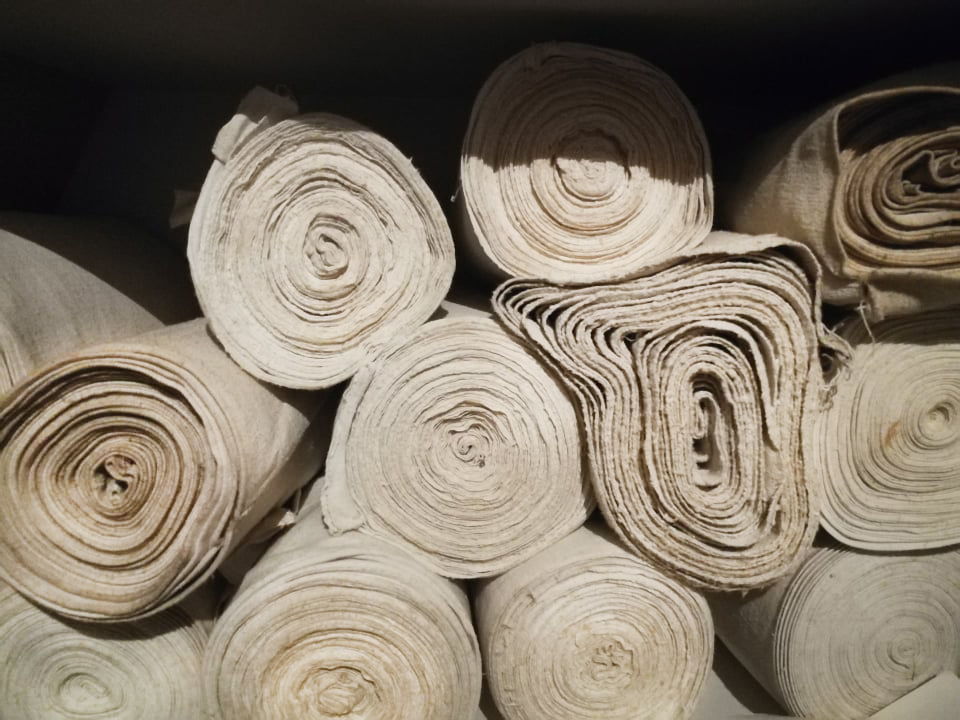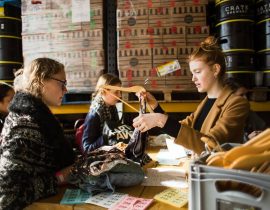
Since many years, the luxury giant Kering turned the ethical and green engagement as one of the bases of their production. Indeed, they appear as the most sustainable company in the Textile, Apparel and Luxury Good of the Global 100 categories and the group is leading the change within the sector, this latter showing an increasing care towards sustainability.
In 2013, the Group has created the Materials Innovation Lab (MIL), dedicated to the supplying of sustainable materials and tissues. The MIL works closely with various brands of the group, supporting them in the integration of sustainable materials within their supply chain.
The MIL mainly focuses on fibres such as cotton, silk, cashmere, viscose and polyester, providing the brands with resources, tools, and new solutions in order to increase sustainable choices regarding their product’s development.
The work of MIL is extended across all the supply chain, from the choice of the raw materials to the production process, to the cultivation and spinning, until the sustainable weaving and dyeing, working with the startup leaders of the sector to test many innovations.
Beyond the textile industry, the group is also focusing on the jewellery and watches sector.
At the beginning of 2020, the Sustainability Lab for Watches and Jewellery (SIL) platform was launched, and it focuses on the materials used by jewellery and watches companies, such as precious stones and gold.
The raw materials and the related production processes are the essence of the supply chain of the group and its environmental footprint; for this the attention focuses on the attempt of reusing them constantly to guarantee a sustainable supply and entirely traceable raw materials, using the new technologies.
The traceability of the material is one of the main challenges for the fashion world, characterised by complex supply chains. Kering aims to teach the full traceability of its main raw materials by 2025. In fact, the group has already started implementing a series of technologies that will allow them to reach their fixed goals.
Kering has capitalised their partnerships with startups and laboratories to develop new sourcing solution and innovative raw materials using, for example, biotechnologies. The group is also exploring solutions aligned with the principles of circular economy, such as the use of recycled fibres to create new tissues or new techniques such as regenerative agriculture. A simple and efficient solution to preserve the natural ecosystems and guarantee a better life for the animals. The practical part, associated with the pasture, protects the ecosystems and reverse the environmental decay mainly caused by the dependency of the fashion industry towards raw materials.
The sustainability isn’t “an effort once in a while” but a constant commitment that involves the entire group’s supply chain and is based on 3 strong pillars: Care, Collaborate and Create.
The first concerns the commitment on reducing the environmental impact, greenhouse gases emissions and place a priority care towards the animals wellbeing. Collaborate is entirely dedicated to people and includes gender equality and equal pay, the survive of artisanal traditions and higher work standards, sharing the best practises along all the production chain. Create, that refers to innovation and the creation of other innovation labs for all sectors, to developing alternative sources and materials; investing in start ups; educate the designers of tomorrow.




